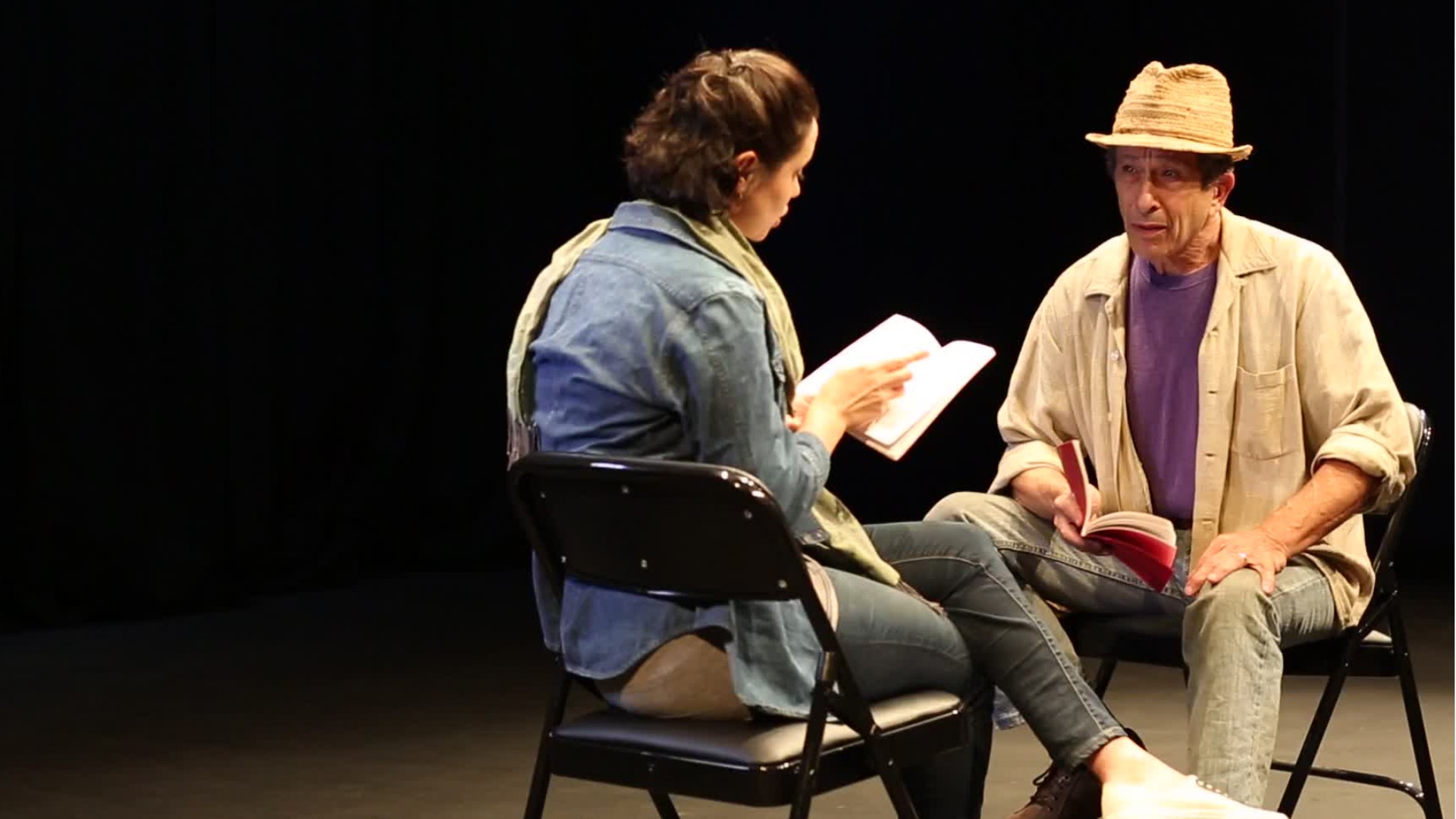Producers & Directors
Artistic Director, Director, News Producer, Producer
What they do:
Produce or direct stage, television, radio, video, or film productions for entertainment, information, or instruction. Responsible for creative decisions, such as interpretation of script, choice of actors or guests, set design, sound, special effects, and choreography.
On the job, you would:
- Plan details such as framing, composition, camera movement, sound, and actor movement for each shot or scene.
- Communicate to actors the approach, characterization, and movement needed for each scene in such a way that rehearsals and takes are minimized.
- Direct live broadcasts, films and recordings, or non-broadcast programming for public entertainment or education.
Knowledge
Communications
- multimedia
- telecommunications
Arts and Humanities
- English language
Engineering and Technology
- computers and electronics
Business
- management
Skills
Basic Skills
- listening to others, not interrupting, and asking good questions
- keeping track of how well people and/or groups are doing in order to make improvements
People and Technology Systems
- figuring out how a system should work and how changes in the future will affect it
- thinking about the pros and cons of different options and picking the best one
Problem Solving
- noticing a problem and figuring out the best way to solve it
Abilities
Verbal
- communicate by speaking
- listen and understand what people say
Ideas and Logic
- use rules to solve problems
- notice when problems happen
Visual Understanding
- see hidden patterns
- quickly know what you are looking at
Attention
- do two or more things at the same time
Personality
People interested in this work like activities that include creating, designing, and making your own rules.
They do well at jobs that need:
- Initiative
- Self-Confidence
- Leadership Orientation
- Innovation
- Adaptability
- Perseverance
Technology
You might use software like this on the job:
Video creation and editing software
- TikTok
- YouTube
Web page creation and editing software
- Facebook
- WordPress
Graphics or photo imaging software
- Adobe Creative Cloud software
- Canva
Education
Education: (rated 4 of 5)
bachelor's degree or
high school diploma/GED
usually needed
high school diploma/GED
usually needed
Job Outlook
Bright
New job opportunities are very likely in the future.
Explore More
- Art Directors
- Film & Video Editors
- Media Programming Directors
- Media Technical Directors/Managers
- Talent Directors
You might like a career in one of these industries:
See more details at O*NET OnLine about Producers & Directors.






